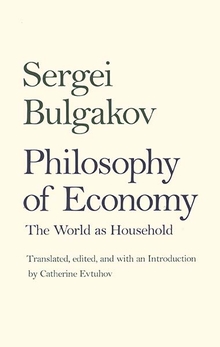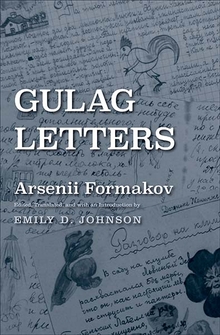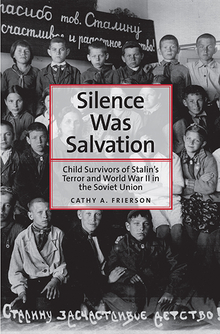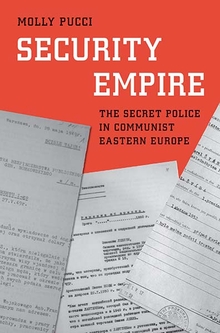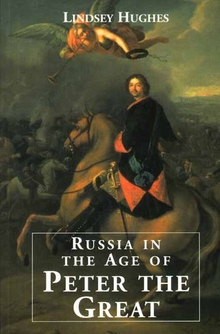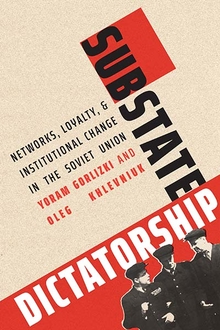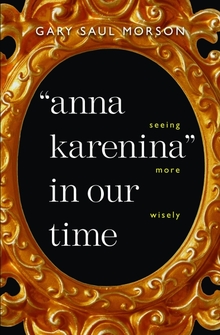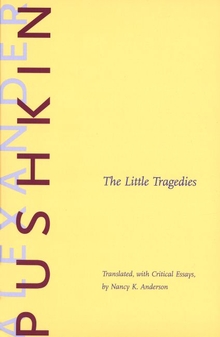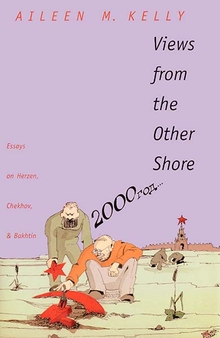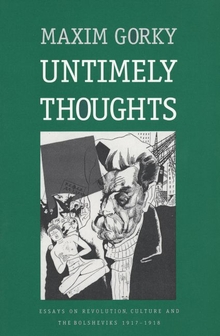Philosophy of Economy
WARNING
You are viewing an older version of the Yalebooks website. Please visit out new website with more updated information and a better user experience: https://www.yalebooks.com
The World as Household
Sergei Bulgakov; Translated, edited, and with an Introduction by Catherine Evtuhov
The writings of Sergei Bulgakov (1871–1944), like those of other major social thinkers of Russia’s Silver Age, were obliterated from public consciousness under Soviet rule. Discovered again after eighty years of silence, Bulgakov’s work speaks with remarkable directness to the postmodern listener. This outstanding translation of Philosophy of Economy brings to English-language speakers for the first time a major work of social theory written by a critical figure in the Russian tradition of liberal thought.
What is unique about Bulgakov, Catherine Evtuhov explains in her introduction to this book, is that he bridges two worlds. His social thought is firmly based in the Western tradition, yet some of his ideas reflect a specifically Russian way of thinking about society. Though arguing strenuously in favor of political and social liberty, Bulgakov repudiates the individualistic basis of Western liberalism in favor of a conception of human dignity that is compatible with collectivity. His economic theory stresses the spiritual content of life in the world and imagines national life as a kind of giant household. Bulgakov’s work, with its singularly postmodern balance between Western and non-Western, offers fascinating implications for those in the process of reevaluating ideologies in post-Soviet Russia and in America as well.
What is unique about Bulgakov, Catherine Evtuhov explains in her introduction to this book, is that he bridges two worlds. His social thought is firmly based in the Western tradition, yet some of his ideas reflect a specifically Russian way of thinking about society. Though arguing strenuously in favor of political and social liberty, Bulgakov repudiates the individualistic basis of Western liberalism in favor of a conception of human dignity that is compatible with collectivity. His economic theory stresses the spiritual content of life in the world and imagines national life as a kind of giant household. Bulgakov’s work, with its singularly postmodern balance between Western and non-Western, offers fascinating implications for those in the process of reevaluating ideologies in post-Soviet Russia and in America as well.
Catherine Evtuhov is associate professor of history at Georgetown University.
“Evtuhov’s translation reveals a sympathetic understanding of Bulgakov’s patterns of thought and his philosophical assumptions. It is an informed translation.”—Maria Carlson, University of Kansas
ISBN: 9780300211962
Publication Date: July 15, 2014
Publication Date: July 15, 2014
360 pages, 5 1/2 x 8 1/4

